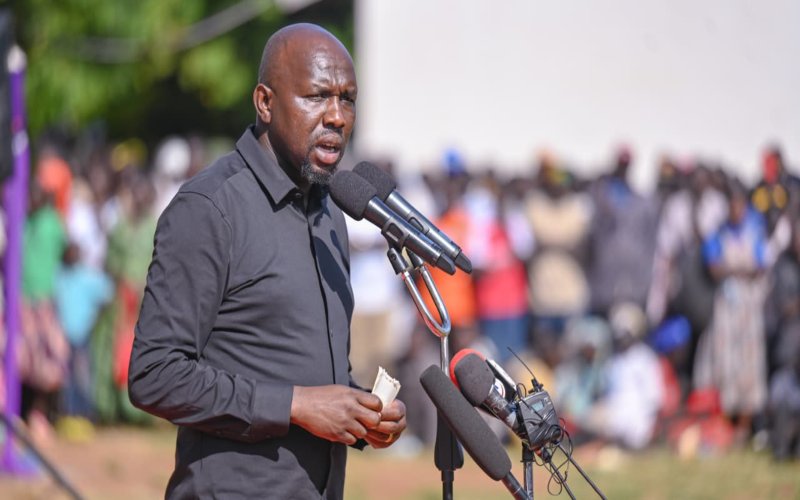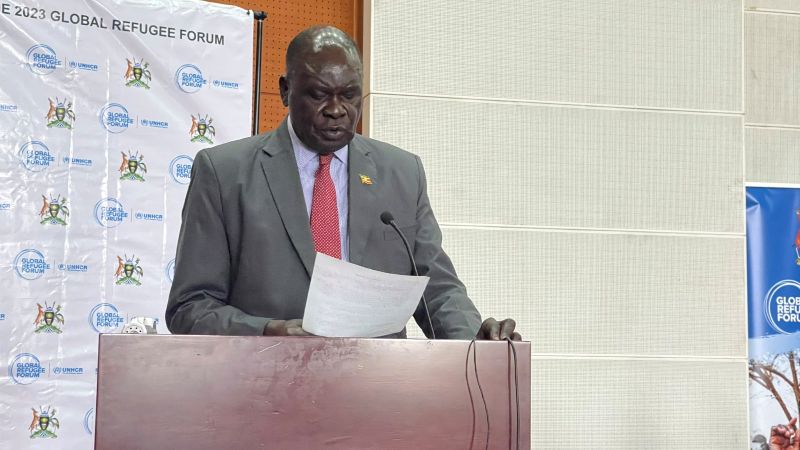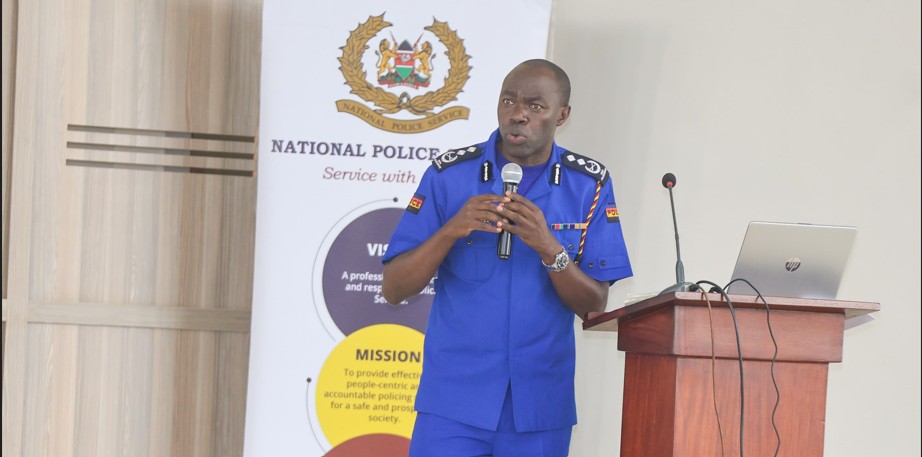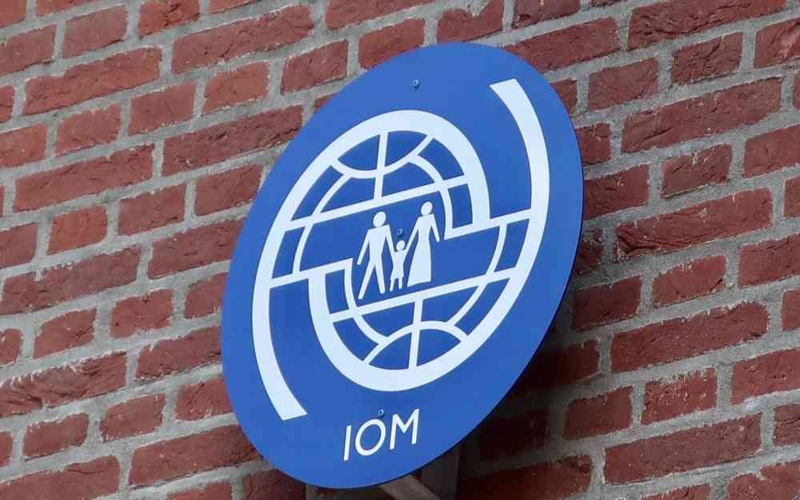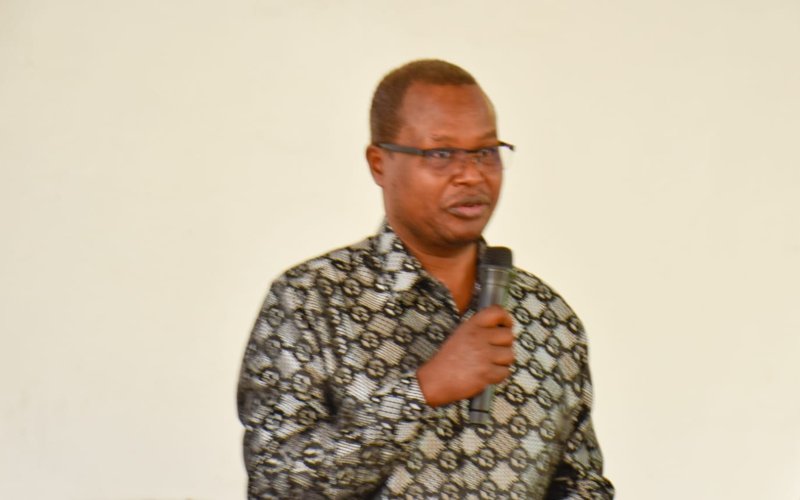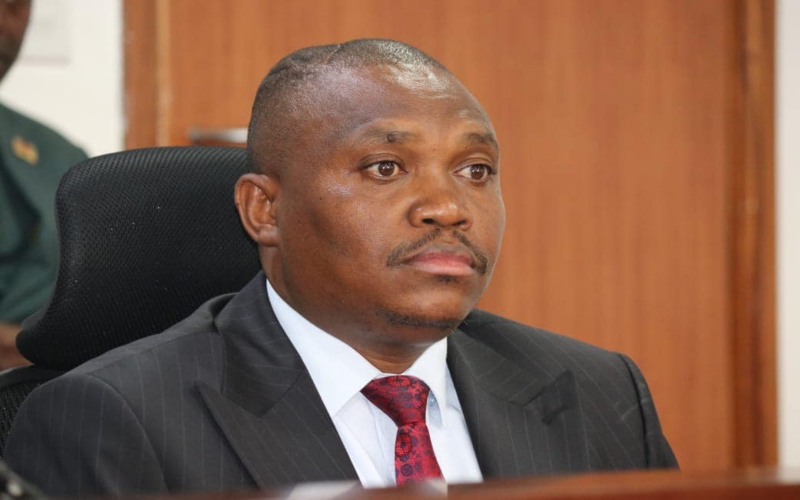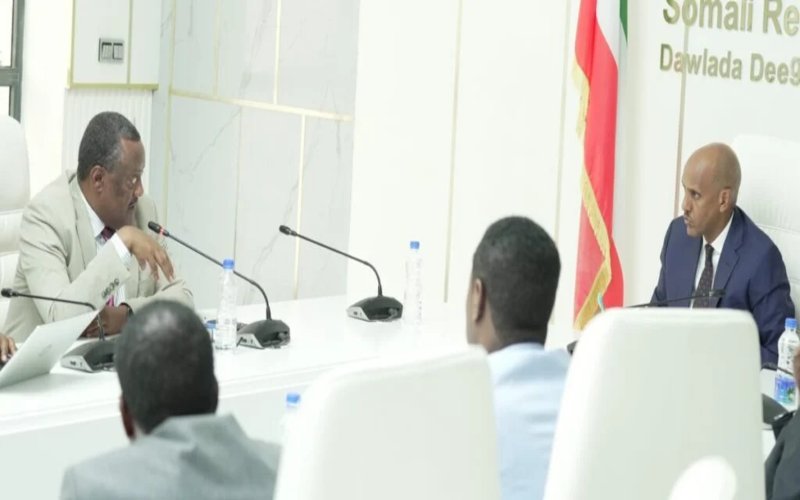Judiciary faces Sh576.6 million pending bills amid budget review
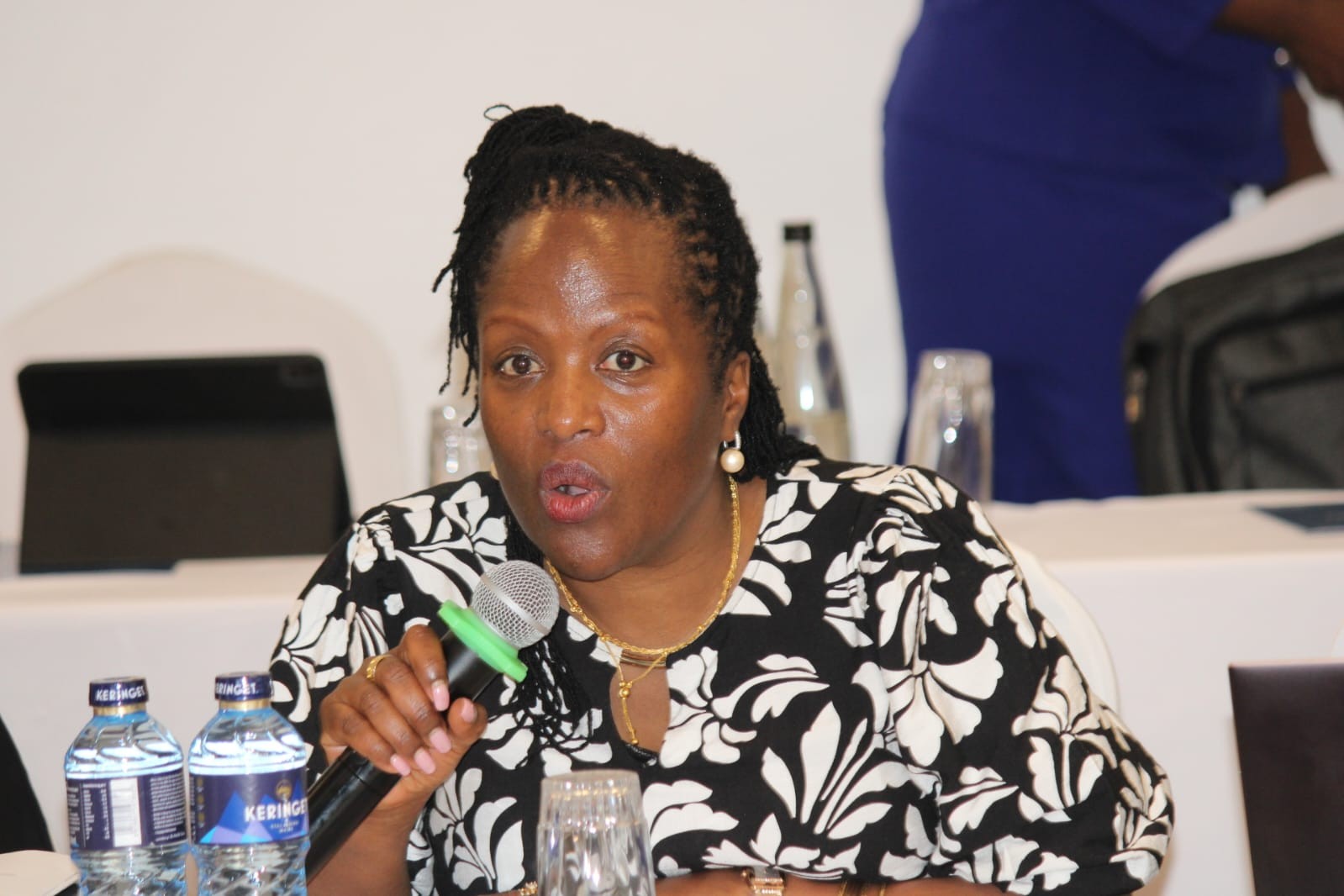
By June 2025, spending had reached Sh22.439 billion, corresponding to an absorption rate of 98 per cent. Recurrent expenditure was nearly fully utilised at 99 per cent, while development projects recorded 78.2 per cent absorption, amounting to Sh0.638 billion.
Pending bills of Sh576.6 million dominated discussions on Tuesday as the National Assembly Justice and Legal Affairs Committee met Chief Registrar Winfridah Mokaya in Mombasa to review the Judiciary’s 2024/2025 financial performance.
Led by Tharaka MP George Murugara, the Committee examined budget execution across the Judiciary, the Commission on Administrative Justice, and the Judicial Service Commission, with a focus on stalled development projects and pending obligations.
More To Read
- Over 31,000 SGBV cases filed as courts improve response, Judiciary Report shows
- Top 10 counties account for 68 per cent of Kenya’s legal cases, says report
- How circuit, mobile courts expanded justice to underserved communities - report
- National Treasury secures Sh437.8 billion loan to plug budget deficit
- CJ Koome affirms Judiciary’s commitment to transparency, says trust central to transformation
- Supreme Court Judge Mohammed Ibrahim to retire after 23 years of service
Mokaya confirmed that the majority of these pending bills were linked to development initiatives, highlighting ongoing challenges in project completion.
“We are moving, but the challenges are real. Our biggest pain points remain inadequate funding, slow digitisation among justice sector partners, ageing infrastructure and rising costs of pro bono services,” she said.
The Judiciary’s total allocation for FY 2024/25 was Sh22.784 billion, with Sh21.967 billion earmarked for recurrent expenses and Sh0.815 billion for development.
By June 2025, spending had reached Sh22.439 billion, corresponding to an absorption rate of 98 per cent. Recurrent expenditure was nearly fully utilised at 99 per cent, while development projects recorded 78.2 per cent absorption, amounting to Sh0.638 billion.
“What this shows is a system that is pushing itself to use resources responsibly even as we continue expanding access to justice,” Mokaya told the Committee.
On case management, the Judiciary recorded 621,425 new filings and resolved 647,686 cases during the year, achieving a clearance rate of 104 per cent. Backlogs dropped by 27 percent, from 243,383 cases in June 2024 to 177,081 in June 2025.
Infrastructure achievements were also highlighted. Magistrates’ courts were completed in Dagoretti and Marimanti, while a judges’ residential unit opened in Marsabit. Six new magistrates’ courts began operations in Kendu Bay, Kamwangi, Wamunyu, Dagoretti, Moiben, and Kombewa.
The Court of Appeal added a sub-registry in Garissa, bringing the national total to seven, and Small Claims Courts increased to 40 with new units in Dagoretti, Garissa, and Voi.
The Judiciary conducted 59 mobile court sessions, clearing 6,751 backlog cases. Court-annexed mediation was introduced in 14 stations, and 42 court facilities received LAN installation through a partnership with the Communications Authority.
Committee members expressed concern that the 2025/2026 development budget had recorded no utilisation in the first quarter.
“You can’t keep returning money to the exchequer when the Judiciary has so many stalled projects,” MP Suleiman Harun said.
Ol Jorok MP Michael Muchira and Ruaraka MP TJ Kajwang suggested adopting a unified court design that allows multiple courts to coexist in a single compound to improve efficiency.
Mokaya assured the Committee that updated timelines and absorption plans for FY 2025/2026 would be submitted and reiterated the Judiciary’s commitment to accelerate digital readiness and infrastructure projects once funds are released.
Top Stories Today
